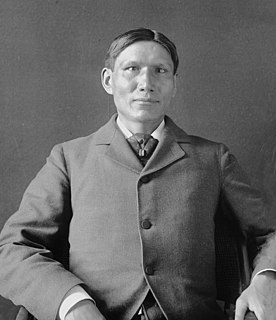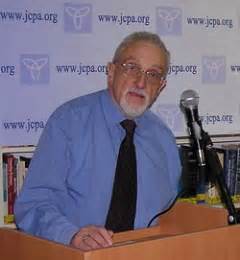A Quote by Robert Musil
[...] a number of flawed individuals can often add up to a brilliant social unit.
Related Quotes
He had made a passionate study of education, only to come, gradually, to the knowledge that education is nothing but the process of building up, gradually, a complete unit of consciousness. And each unit of consciousness is the living unit of that great social, religious, philosophic idea towards which humankind, like an organism seeking its final form, is laboriously growing.
I don't think one can accurately measure the historical effectiveness of a poem; but one does know, of course, that books influence individuals; and individuals, although they are part of large economic and social processes, influence history. Every mass is after all made up of millions of individuals.
They know your name, address, telephone number, credit card numbers, who ELSE is driving the car "for insurance", ... your driver's license number. In the state of Massachusetts, this is the same number as that used for Social Security, unless you object to such use. In THAT case, you are ASSIGNED a number and you reside forever more on the list of "weird people who don't give out their Social Security Number in Massachusetts."
When young people see movies like 'Gandhi 'or 'JFK,' there is an element of romanticization of these powerful people, and young people often feel a huge distance between their own lives and the lives of these social-change heroes. But the Panthers were flawed-up people from the streets, so it's easier to identify with them.
Because the utopian's worldview was framed around moving toward this perfected future, it helped stimulate the private exertions that add up to social progress. Progress is work. People need to build things and sacrifice and have a harder life for things to get better. On its own, I don't think even the most brilliant critique stimulates that kind of effort as well as an appealing vision of the future.
Perhaps I can also add something about the rural setting of Remember You're a One-Ball! The countryside is a place - in mythological and perhaps in very real terms - of mixed innocence and sin. It is seen by townsfolk as idyllic, lazy, free of urban crime and social problems. But those who grow up in the country can tell stories that often surprise those who grow up in the towns.
It seems that the increased number of scientific workers, their being split up into groups whose studies are limited to a small subject, and over-specialization have brought about a shrinking of intelligence. There is no doubt that the quality of any human group decreases when the number of the individuals composing this group increases beyond certain limits... The best way to increase the intelligence of scientists would be to decrease their number.
When I consider what people generally want in calculating, I found that it always is a number. I also observed that every number is composed of units, and that any number may be divided into units. Moreover, I found that every number which may be expressed from one to ten, surpasses the preceding by one unit: afterwards the ten is doubled or tripled just as before the units were: thus arise twenty, thirty, etc. until a hundred: then the hundred is doubled and tripled in the same manner as the units and the tens, up to a thousand;… so forth to the utmost limit of numeration.






































